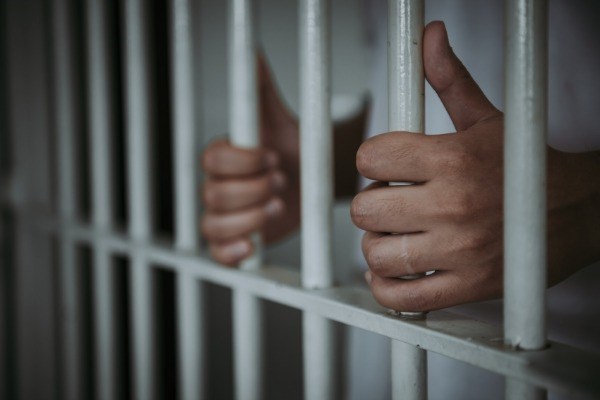The hidden costs: Ukraine's financial burden of sustaining Russian POWs amidst rising prisoner counts
The military operation by the Ukrainian Armed Forces (AFU) in the Kursk region has significantly expanded the exchange pool. However, some Russian captives have been held in Ukraine since the onset of the broader conflict.
The number of captured Russian soldiers keeps rising as the full-scale conflict drags on. The commencement of the AFU’s operation in the Kursk region has opened new avenues for increasing the exchange pool. According to the "I Want to Live" project, on September 27, there were 294 captured Russian service members in Ukraine, including contract soldiers and conscripts.
Russian authorities present more favorable statistics. During a June 2024 meeting, President Vladimir Putin stated that 1,348 Russian soldiers were held captive in Ukraine, whereas Russia held around 6,465 AFU soldiers, nearly five times as many.
However, international sources report different figures. The British newspaper The Independent, citing Ukrainian military officials, reported that around 2,000 Russian soldiers were captured during the battles in the Kursk region as of September 20.
During a September operation to liberate the Aggregation Plant in Vovchansk, units of Ukraine's Defense Ministry’s Intelligence Directorate captured about 20 Russians. Four months of attempts by Russian forces to break through to the plant’s territory were in vain as most were killed, deserted, or surrendered.
The last official data on Ukraine's spending for holding prisoners came from the Ministry of Justice in March 2023. According to the Ukrainian Deputy Minister, Olena Vysotska, about 10,000 hryvnias ($243) per month per prisoner is spent on food, clothing, medical supplies, camp arrangement, personnel salaries, security, and utility costs.
This expenditure is comparable to the cost of sustaining a Ukrainian detainee in a pre-trial detention center, which is around 11,000 hryvnias per month, including all administrative expenses.
Russian soldiers are held in specialized camps in accordance with the standards of the Third Geneva Convention "On the Treatment of Prisoners of War," says Petro Yatsenko, a representative of the Coordinating Headquarters on POW treatment. They receive three full meals a day, medical care, and can send mail and receive parcels from family. Yatsenko states that four camps operate in Ukraine for detainees, monitored by the Red Cross and the UN.
All prisoners can work on a six-day work week and earn a quarter of a Swiss franc, about 10 hryvnias a day. They mainly do locksmith and joinery work. Officer-level detainees can also apply for permission to work to avoid idleness.
The Geneva Convention mandates the availability of grocery stores in camps where products are purchased upon prisoners' requests. Despite rising costs, expenses for food remain unchanged at about 10,000 hryvnias per month.
Yatsenko notes an increase in prisoners following the military operation in the Kursk region, which should help Kyiv bolster its exchange pool and negotiate prioritizing terms with the aggressor.
The Russian side prefers to exchange soldiers who have been recently captured by the Ukrainian Forces. However, some have been imprisoned for over two years in Ukraine. As noted by the representative of the Coordination Headquarters, Russia seems to have forgotten about these long-held prisoners. "It makes more sense to exchange them and return Ukrainian soldiers home," he concludes.
Recently, Russian forces claimed to have captured soldiers of the 1st Separate Assault Battalion named after Dmytro Kotsiubailo near Vuhledar. However, Commander Serhii Filimonov of the 108th Separate Mechanized Battalion "Da Vinci Wolves" refuted this, stating that not one soldier had been captured in the battalion’s entire history.
Earlier, it was reported that Ukrainian National Guard soldiers captured a Wagner fighter in the Kharkiv direction, who had participated in the march on Moscow led by former group leader Yevgeny Prigozhin.
